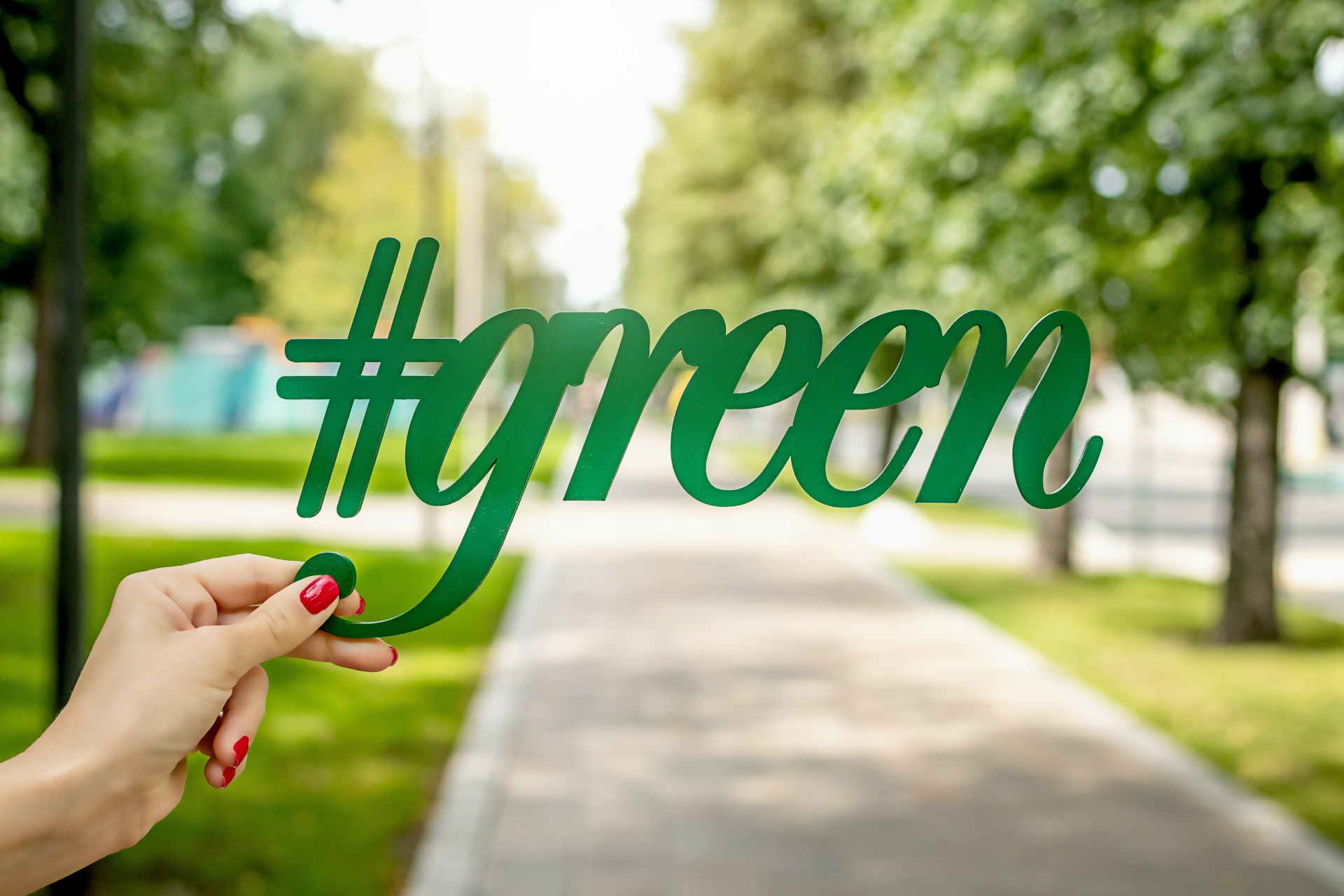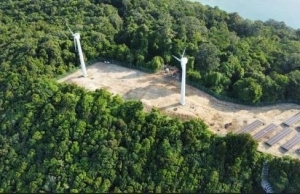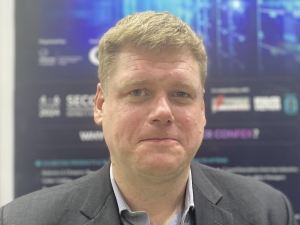Overcoming challenges to achieve sustainable development goals
 |
Vietnam has brought forward a roadmap to realise its commitment to achieving net zero greenhouse gas (GHG) emissions by 2050, including a 30 per cent reduction in methane emissions by 2030, a commitment to combat forest degradation, and a clean energy transition.
However, Vietnam is facing unprecedented challenges to fulfill this goal, given that 90 per cent of the Mekong Delta will be submerged by 2100, according to the WWF's forecasts published in May 2022. Many import countries have built trade barriers by calculating the emissions generated when producing one unit of product. Vietnam will need $330–370 billion to achieve its net-zero goal by 2050, according to UNDP estimates.
Vietnam is among the most vulnerable countries to climate change, which presents enormous challenges to achieving this goal. The energy sector accounts for about three-quarters of greenhouse gas emissions, according to research by the Private Economic Development Research Department.
Amidst the supply chain disruption and shifts in raw material supply, Coca-Cola intends to ensure that all of its plastic bottles have numerous life cycles to promote the circular economy.
"We need an adequate supply of recycled plastic of standard quality for food production that is safe for consumers," said Bui Khanh Nguyen, vice president of public affairs, communications, and sustainability at Coca-Cola Beverages Vietnam. "The issuance and enforcement of policies depend on the context of each country. There is no one answer to environmental problems. Coca-Cola is taking a different approach to creating a positive impact on the environment. The company expects to avoid using around 2,000 metric tons of new plastic in Vietnam. This is part of a global goal to use at least half recycled content in its packaging by 2030."
It is a challenge for multinational corporations like Coca-Cola and Unilever to ensure the quality of recycled materials in line with international standards. Many domestic analysts believe that Vietnamese authorities have not yet issued appropriate policies, which pose a major risk to these multinational corporations' goals of using recycled materials. The government is slow to come up with a collection policy. As of present, 83 per cent of the plastic waste that goes to recycling facilities is now collected by informal stakeholders, according to the Vietnam National Plastic Action Partnership.
The National Plastic Action Partnership warns that Vietnam's unmanaged plastic waste will increase to 3.15 million tonnes by 2030. In the worst case, Vietnam will face plastic waste pollution like the United States, which discharges about 42 million metric tonnes of plastic waste per year, according to a report submitted to the government in December 2021.
Many business leaders are starting to act. Le Anh, sustainability director of Duy Tan Plastic Recycling said, "Duy Tan has purchased 90 tonnes of used bottles per day, about 30,000 tonnes per year, as raw materials for the production of high-quality plastic bottles meeting Food and Drug Administration standards in the US and EFSA standards in Europe. The products are supplied to corporations such as Unilever, Coca-Cola, and Lavi."
This is just part of the company's plan to bring Vietnam out of the list of 10 countries with the largest ocean plastic waste. Duy Tan is scaling up the production of "Bottles to Bottles" to 60,000 metric tonnes by 2024. The company is yet to fulfill the domestic market demand with an output of 40,000 metric tonnes in 2023.
However, the most enduring challenge lies in the material supply. Duy Tan has built a network of more than 80 agents who are eligible to purchase, sort, and pack used plastic bottles. Many large collection households don't want to set up a company due to concerns about high taxes at 25 per cent.
Analysts and business communities expect the government will bring forward practical policies and pilot models, which helps create an ecosystem for the recycling industry.
They also believe that this process needs to be legalised, ensuring that businesses can enforce it. New standards on recycling need to be shaped in the direction of the market, linking trade and investment with criteria on carbon emission reduction, labour, and the environment.
 | ASEAN looks towards net zero emissions The Asian Development Bank (ADB) and ASEAN Catalytic Green Finance Facility jointly held the Southeast Asia Development Symposium themed “Imagining a net-zero ASEAN” in Indonesia’s Bali on March 30. |
 | Vietnam's tough journey to reduce urban emissions In addition to adequate energy supply, the demand for smart energy in urban areas is viewed as a qualitative change in energy mobility in Vietnam. VIR’s Angela Nguyen talked with Mikael Jakobsson, executive director of the Asia Pacific Urban Energy Association on the issue. |
 | Green workforce crucial to a green economy The Vietnamese government is targeting green growth with policies and international commitments towards the green economy. Nguyen Cong Thuy, founder and CEO of HRDC, discusses the influence of the green workforce on sustainable development. |
What the stars mean:
★ Poor ★ ★ Promising ★★★ Good ★★★★ Very good ★★★★★ Exceptional
Related Contents
Latest News
More News
- $100 million initiative launched to protect forests and boost rural incomes (January 30, 2026 | 15:18)
- Trung Nam-Sideros River consortium wins bid for LNG venture (January 30, 2026 | 11:16)
- Vietnam moves towards market-based fuel management with E10 rollout (January 30, 2026 | 11:10)
- Envision Energy, REE Group partner on 128MW wind projects (January 30, 2026 | 10:58)
- Vingroup consults on carbon credits for electric vehicle charging network (January 28, 2026 | 11:04)
- Bac Ai Pumped Storage Hydropower Plant to enter peak construction phase (January 27, 2026 | 08:00)
- ASEAN could scale up sustainable aviation fuel by 2050 (January 24, 2026 | 10:19)
- 64,000 hectares of sea allocated for offshore wind surveys (January 22, 2026 | 20:23)
- EVN secures financing for Quang Trach II LNG power plant (January 17, 2026 | 15:55)
- PC1 teams up with DENZAI on regional wind projects (January 16, 2026 | 21:18)

 Tag:
Tag:



















 Mobile Version
Mobile Version